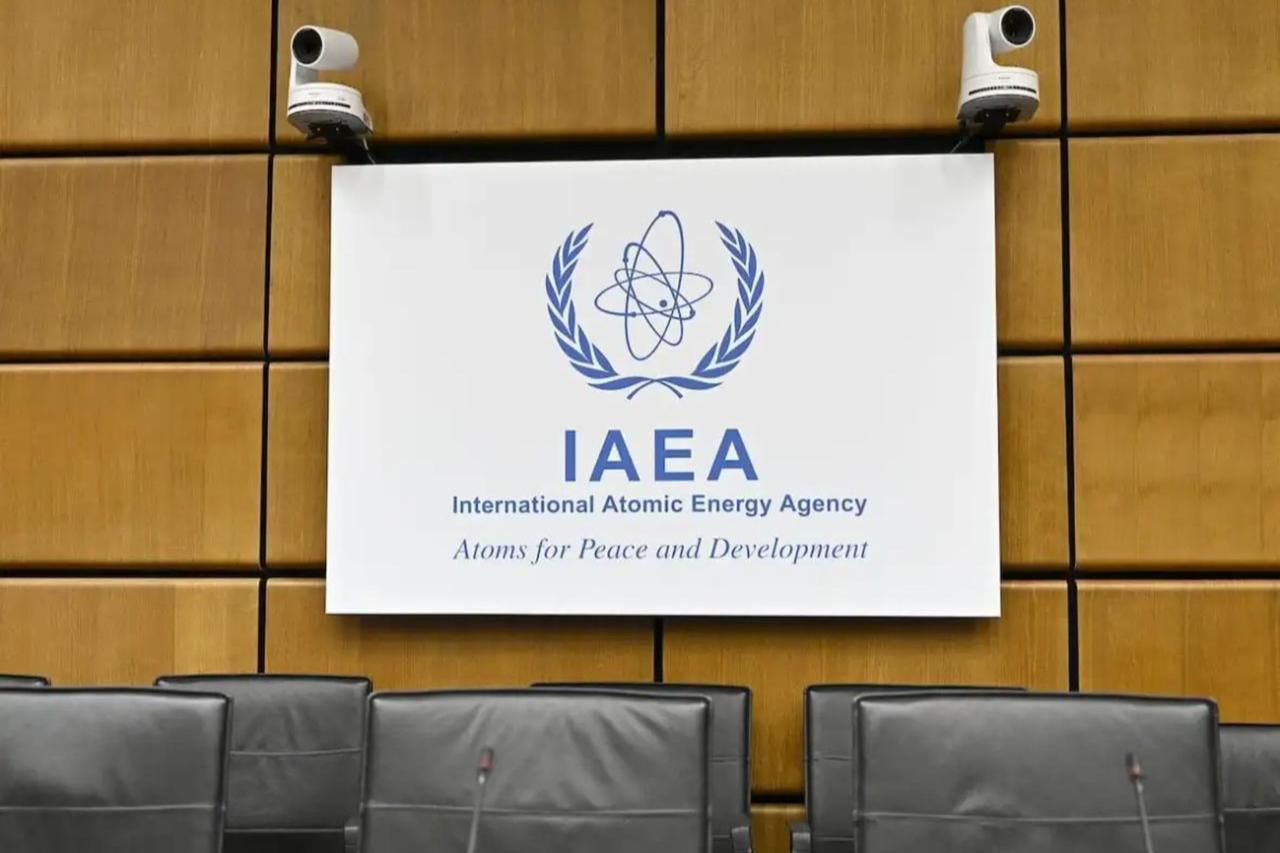Iran President Signs Law to Cut Ties with IAEA Amid Escalating Nuclear Tensions
Iran President Masoud Pezeshkian has taken a dramatic step by signing into law a bill that suspends Iran’s cooperation with the International Atomic Energy Agency (IAEA). This move comes amid heightened tensions in the region following a series of Israeli and US military strikes on Iranian nuclear sites last month. Iran’s decision also includes considering a possible entry ban on IAEA chief Rafael Grossi, following the agency’s criticism of Tehran’s nuclear transparency.
The law was officially approved by Iran’s Parliament a week prior and was prompted by the June 13 Israeli airstrike, followed by American military action on June 22 targeting multiple Iranian nuclear facilities, including Natanz, Fordow, and Isfahan. These attacks reportedly caused serious damage and led to widespread civilian casualties. According to Iranian officials, the latest forensic data reveals that 935 Iranians were killed in the strikes, including 132 women and 38 children.
The new legislation mandates that IAEA inspectors cannot access Iran’s nuclear sites unless they receive special clearance from the Supreme National Security Council. This effectively blocks routine inspections and oversight previously ensured under the 2015 Joint Comprehensive Plan of Action (JCPOA), more commonly known as the Iran nuclear deal. Iran began rolling back its commitments to the deal after the United States withdrew from it in 2018 under then-President Donald Trump.
Iran President’s Response to Israeli and US Attacks on Nuclear Sites
Iranian authorities argue that their actions are defensive in nature, following what they see as unjustified acts of war by Israel and its ally, the US. Foreign Minister Abbas Araghchi, speaking on X, accused IAEA chief Rafael Grossi of politicizing his role and using the recent crisis as a pretext for interference. Iran also rejected Grossi’s request to visit bombed nuclear facilities, with Araghchi calling the request “meaningless and possibly malicious.”
Grossi has become a controversial figure in Tehran. Earlier this week, Iran’s foreign ministry declared him unwelcome, while ultra-conservative media accused him of spying for Israel claims that were widely condemned by European nations but officially denied by the Iranian government.
As part of the fallout, Israeli Foreign Minister Gideon Saar called on European signatories of the 2015 nuclear accord to activate the “snapback” clause, which would automatically reimpose all United Nations sanctions on Iran. The clause, however, is set to expire in October, making the timing crucial.
What the Iran President’s New Law Means for the IAEA and Diplomacy
In response, Germany expressed deep concern over the direction of Iran’s policy. A spokesperson for the German foreign ministry labeled the move a “disastrous signal,” warning that cutting off the IAEA would make any diplomatic resolution more difficult. France and the UK have also spoken out in defense of Grossi and the importance of independent nuclear monitoring.

Also Read: Mohammed Shami Court Order: Rs. 4 Lakh Monthly Payment to Estranged Wife
This standoff reflects deeper fractures in Iran’s international relations. For many years, Iran has insisted that its nuclear programme is for peaceful purposes, a claim viewed with skepticism by Israel and several Western powers who believe Tehran is covertly developing nuclear weapons. These fears intensified after Iran’s retaliation to the June airstrikes, which included multiple missile and drone attacks on Israeli military and strategic sites. Israel confirmed the death of 28 citizens during the retaliation phase, while also claiming that the US strikes had “obliterated” parts of Iran’s nuclear capabilities.
Despite these blows, Iranian officials maintain that the country’s nuclear knowledge and infrastructure remain intact. In an interview with CBS Evening News, Foreign Minister Araghchi acknowledged that serious damage had been inflicted, but emphasized that “you cannot bomb away knowledge and science.”
Conclusion:
With the Iran president’s bold step to suspend IAEA cooperation, the nuclear crisis in the Middle East has entered a new and uncertain phase. As diplomacy stalls and regional tensions escalate, all eyes are now on whether European powers will move to restore sanctions or try to salvage what’s left of the nuclear deal.

